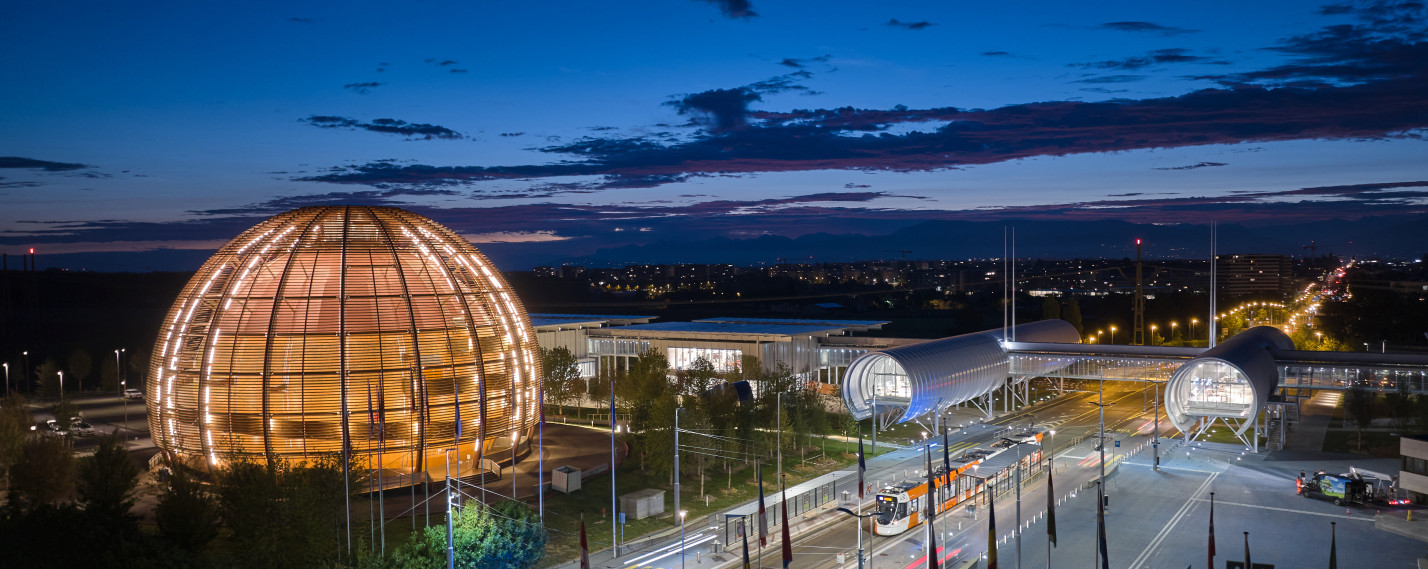Speaker
Description
This work presents a machine learning-based approach for compensating magnetic hysteresis in the main dipole and quadrupole magnets of the multi-cycling CERN SPS, utilizing time series neural architectures like the Temporal Fusion Transformers trained on magnetic field measurements. The predicted magnetic fields enable feed-forward, cycle-by-cycle, compensation through the CERN accelerator control system, thereby improving beam reproducibility and enhancing operational flexibility. Correcting deterministically for hysteresis effects removes the necessity of energy-, and time-consuming magnet-precycling while guaranteeing reproducible beam parameters in the SPS. Achieving a magnetic field prediction accuracy in the range of 5e-5 T, this approach demonstrates significant potential for beam optimization, energy savings and improved sustainability, with potential for implementation for any synchrotron magnet circuit. In addition to addressing the technical implementation and benefits, the challenges associated with real-time autoregressive application, model accuracy, and performance evaluation for cycle-to-cycle operation without feedback will be discussed.
